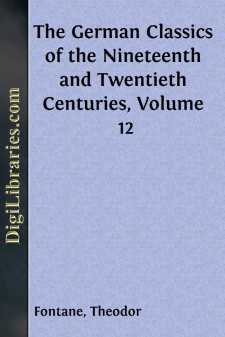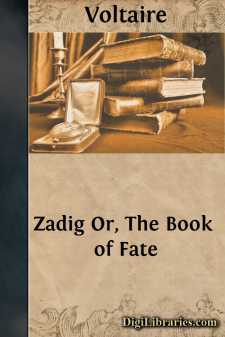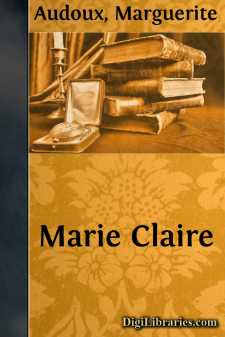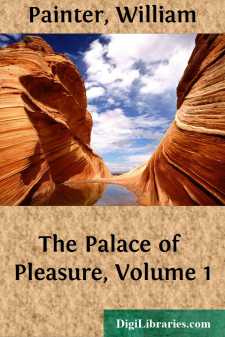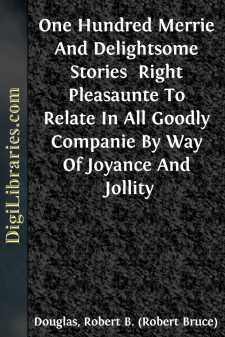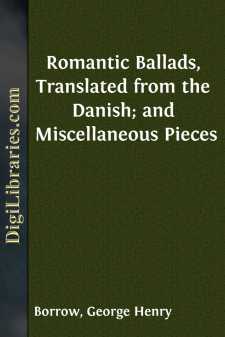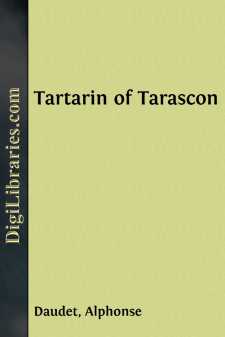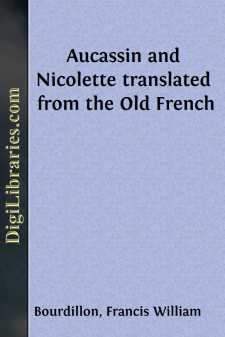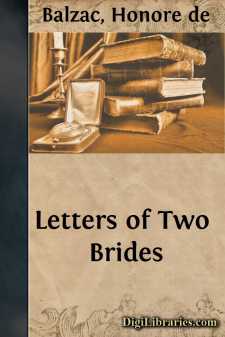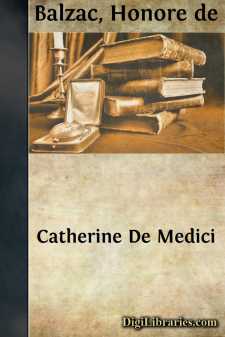Literary Collections
- American 84
- Ancient, Classical & Medieval 14
- Asian 1
- Australian & Oceanian 1
- Canadian 55
- Continental European
- English, Irish, Scottish, Welsh 179
- Essays 160
- General 24
- Letters 46
- Middle Eastern 1
Continental European Books
Sort by:
by:
Theodor Fontane
THE LIFE OF GUSTAV FREYTAG By ERNEST F. HENDERSON, PH.D., L.H.D. Author of A History of Germany in the Middle Ages; A Short History ofGermany, etc. It is difficult to assign to Gustav Freytag his exact niche in the hall of fame, because of his many-sidedness. He wrote one novel of which the statement has been made by an eminent French critic that no book in the German language, with the exception of...
more...
by:
Voltaire
The 18th of the Month Scheval, in the Year of the Hegira, 837. Thou Joy of ev’ry Eye! Thou Torment of every Heart! Thou Intellectual Light! I do not kiss the Dust of thy Feet; because thou seldom art seen out of the Seraglio, and when thou art, thou walkest only on the Carpets of Iran, or on Beds of Roses. I here present you with a Translation of the Work of an ancient Sage, who having the Happiness...
more...
INTRODUCTION The origins of this extraordinary book are sufficiently curious and sufficiently interesting to be stated in detail. They go back to some ten years ago, when the author, after the rustic adventures which she describes in the following pages, had definitely settled in Paris as a working sempstress. The existence of a working sempstress in Paris, as elsewhere, is very hard; it usually means...
more...
by:
William Painter
INTRODUCTION. A young man, trained in the strictest sect of the Pharisees, is awakened one morning, and told that he has come into the absolute possession of a very great fortune in lands and wealth. The time may come when he may know himself and his powers more thoroughly, but never again, as on that morn, will he feel such an exultant sense of mastery over the world and his fortunes. That image seems...
more...
INTRODUCTION The highest living authority on French Literature—Professor George Saintsbury—has said: "The Cent Nouvelles is undoubtedly the first work of literary prose in French, and the first, moreover, of a long and most remarkable series of literary works in which French writers may challenge all comers with the certainty of victory. The short prose tale of a comic character is the one...
more...
Through gloomy paths unknown— Paths which untrodden be,From rock to rock I roam Along the dashing sea. BOWRING. * * * * * NORWICH:printed and published by jarrold and sons.1913 Contents. Preface Lines from Allan Cunningham to George Borrow The Death-raven. From the Danish of Oehlenslæger Fridleif and Helga. From the Danish of Oehlenslæger Sir Middel. From the Old Danish...
more...
by:
Alphonse Daudet
EPISODE THE FIRST, IN TARASCON I. The Garden Round the Giant Trees. MY first visit to Tartarin of Tarascon has remained a never-to-be-forgotten date in my life; although quite ten or a dozen years ago, I remember it better than yesterday. At that time the intrepid Tartarin lived in the third house on the left as the town begins, on the Avignon road. A pretty little villa in the local style, with a...
more...
INTRODUCTION The story of Love, that simple theme with variations ad libitum, ad infinitum, is never old, never stale, never out-of-date. And as we sometimes seek rest from the brilliant audacities and complex passions of Wagner or Tschaikowsky in the tender simplicity of some ancient English air, so we occasionally turn with relief from the wit and insight and subtlety of our modern novelists to the...
more...
by:
Honore de Balzac
I. LOUISE DE CHAULIEU TO RENEE DE MAUCOMBE. PARIS, September. Sweetheart, I too am free! And I am the first too, unless you have written to Blois, at our sweet tryst of letter-writing. Raise those great black eyes of yours, fixed on my opening sentence, and keep this excitement for the letter which shall tell you of my first love. By the way, why always "first?" Is there, I wonder, a second...
more...
by:
Honore de Balzac
INTRODUCTION There is a general cry of paradox when scholars, struck by some historical error, attempt to correct it; but, for whoever studies modern history to its depths, it is plain that historians are privileged liars, who lend their pen to popular beliefs precisely as the newspapers of the day, or most of them, express the opinions of their readers. Historical independence has shown itself much...
more...


